The slavization of the Balkans should be viewed the same as the Latinization of western Europe.
Genetics and physical appearence prove that there are no real slavs in the balkans. The northern european (slavic) appearence is absent in the balkans.
The slavic speaking people of the balkans are slavicized balkaners, just like the french are latinized gauls, romanians are latinized dacians, the irish are anglified celts etc. etc.
A majority of people accepting the language of a minority is not a rare thing. It has happened many times in history. It depends on the socio-political situation and other circumstances. And it is impossible and funny to assume that the slavs had numbers great enough to colonise such a vast area of europe in the early middle ages. The same could be said about the Franks, Visigoths, Vandals etc. Owning a territory does not mean colonisation.
This is what I'm talking about:
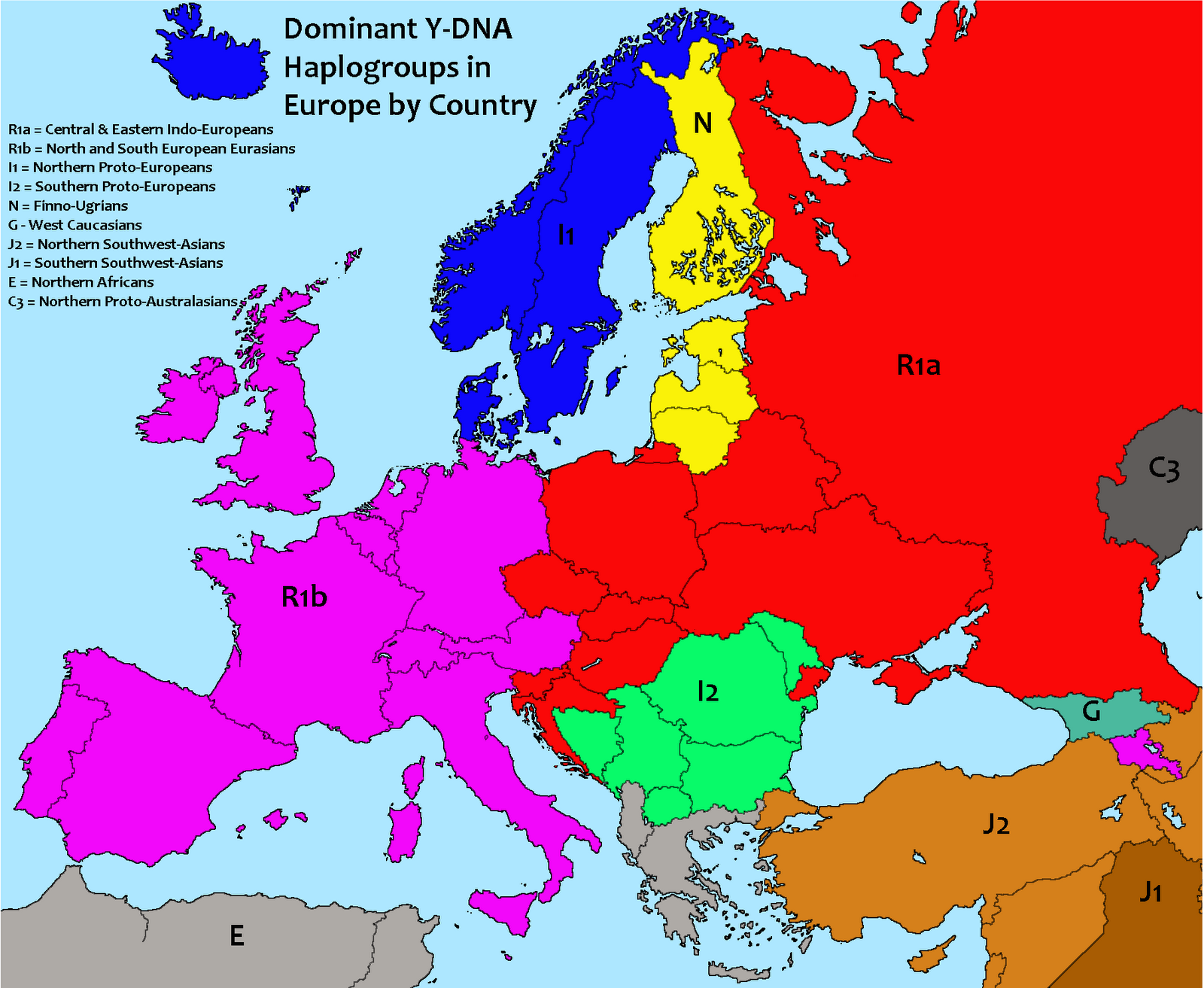

I have seen some Macedonians and other balkaners supporting the idea that the ancient peoples of the balkans spoke slavic. This can be easily disproven.
The slavic languages are too close to eachother to have been separated for thousands of years. In fact the slavic branch has the closest languages, which means that the separation happened later than other branches.
Now, when the slavization happened, almost the entire balkan peninsula spoke slavic (with native balkan accents) except Hellas and Dacia (although influenced).
Albanians weren't here at that point in time. We can say this because:
1- If the albanians were always here then they would have been latinized, slavicized or grekified. No paleo-balkan language survived after the slavization.
2- If the albanians were always here then we would have seen albanian placenames all over.. instead we see albanized versions of slavic names all over kosovo and albania. Which means they came after the slavization
3. - If the albanian language was always here, we would have seen much influences from Greek - the ancient lingua franca of the east mediteranean.
And the comment above.
4- From the remains of the illyrian language we can conclude that it was on the same indo-european branch with Celtic and Italic.. And that it has no connection to the albanian language.
5- Every person from present-day albania mentioned in historical texts from the early middle ages has a slavic name. The same can be said about villages and cities.
Leave the albanians now.. back to the natives.
We can see that, like other places in the world, language has nothing to do with ethnicity and ancestry.
So what language did our ancestors speak? What are we? Ofcorse there is no pure nation in the world, but what matters is the core of a population / nation.
The ancient Macedonians were in the ''Brygian group'' together with the Paeonians, Dasseratians, Enchelaneans, Pelagonians, Epirotes, Mygdonians, Crestonians, Paphlagonians and Phrygians. That's why many of these tribes were so easily assimilated into the Macedonians.
Most of what we know about this language branch is known to us through the Phrygians in Asia Minor. But we also know that the ancient Macedonians had their own names for the gods. ''Aret'' for Zeus, ''Zeirena'' for Aphrodite etc. This language group was different from it's neighbours and people needed translators to understand eachother with Illyrians, Greeks or Thracians.
Here is a map of the language groups (families) of the ancient balkans:

When the word ''Slavic'' stops having a racial meaning, and starts having a linguistic and cultural meaning (like Latin), then many problems in the Balkans will be solved.
Genetics and physical appearence prove that there are no real slavs in the balkans. The northern european (slavic) appearence is absent in the balkans.
The slavic speaking people of the balkans are slavicized balkaners, just like the french are latinized gauls, romanians are latinized dacians, the irish are anglified celts etc. etc.
A majority of people accepting the language of a minority is not a rare thing. It has happened many times in history. It depends on the socio-political situation and other circumstances. And it is impossible and funny to assume that the slavs had numbers great enough to colonise such a vast area of europe in the early middle ages. The same could be said about the Franks, Visigoths, Vandals etc. Owning a territory does not mean colonisation.
This is what I'm talking about:


I have seen some Macedonians and other balkaners supporting the idea that the ancient peoples of the balkans spoke slavic. This can be easily disproven.
The slavic languages are too close to eachother to have been separated for thousands of years. In fact the slavic branch has the closest languages, which means that the separation happened later than other branches.
Now, when the slavization happened, almost the entire balkan peninsula spoke slavic (with native balkan accents) except Hellas and Dacia (although influenced).
Albanians weren't here at that point in time. We can say this because:
1- If the albanians were always here then they would have been latinized, slavicized or grekified. No paleo-balkan language survived after the slavization.
2- If the albanians were always here then we would have seen albanian placenames all over.. instead we see albanized versions of slavic names all over kosovo and albania. Which means they came after the slavization
3. - If the albanian language was always here, we would have seen much influences from Greek - the ancient lingua franca of the east mediteranean.
And the comment above.
4- From the remains of the illyrian language we can conclude that it was on the same indo-european branch with Celtic and Italic.. And that it has no connection to the albanian language.
5- Every person from present-day albania mentioned in historical texts from the early middle ages has a slavic name. The same can be said about villages and cities.
Leave the albanians now.. back to the natives.
We can see that, like other places in the world, language has nothing to do with ethnicity and ancestry.
So what language did our ancestors speak? What are we? Ofcorse there is no pure nation in the world, but what matters is the core of a population / nation.
The ancient Macedonians were in the ''Brygian group'' together with the Paeonians, Dasseratians, Enchelaneans, Pelagonians, Epirotes, Mygdonians, Crestonians, Paphlagonians and Phrygians. That's why many of these tribes were so easily assimilated into the Macedonians.
Most of what we know about this language branch is known to us through the Phrygians in Asia Minor. But we also know that the ancient Macedonians had their own names for the gods. ''Aret'' for Zeus, ''Zeirena'' for Aphrodite etc. This language group was different from it's neighbours and people needed translators to understand eachother with Illyrians, Greeks or Thracians.
Here is a map of the language groups (families) of the ancient balkans:

When the word ''Slavic'' stops having a racial meaning, and starts having a linguistic and cultural meaning (like Latin), then many problems in the Balkans will be solved.


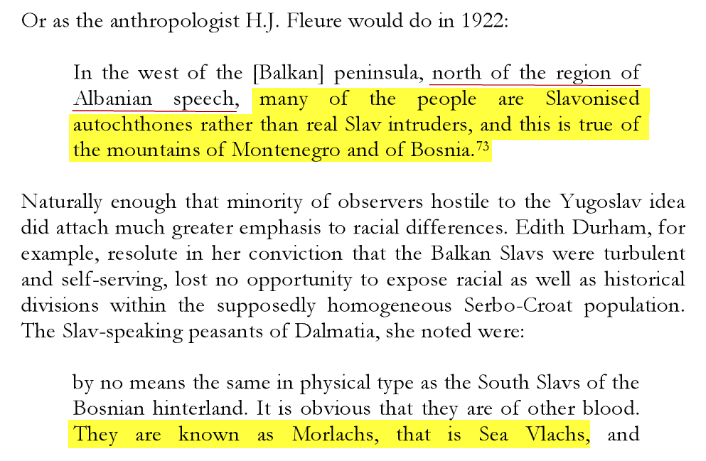

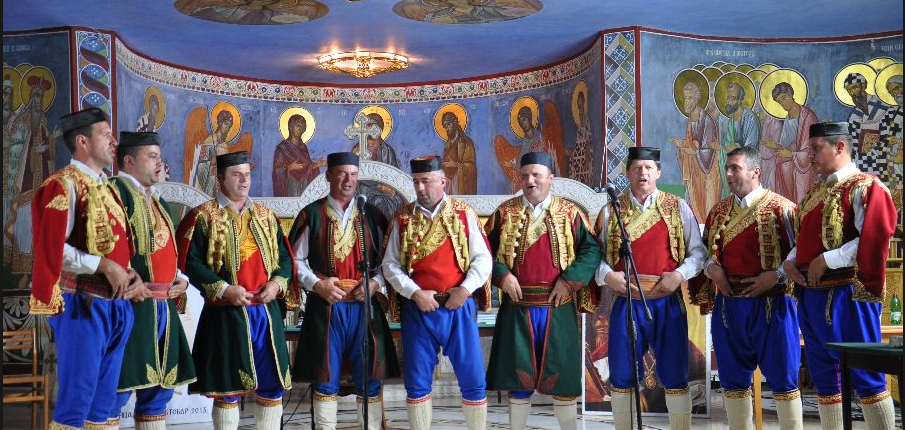
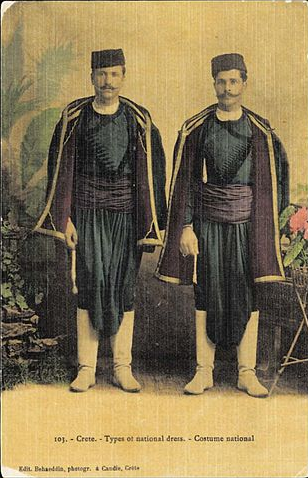

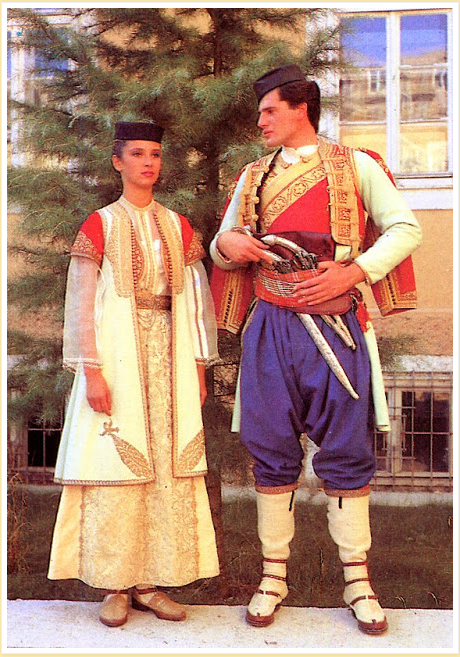
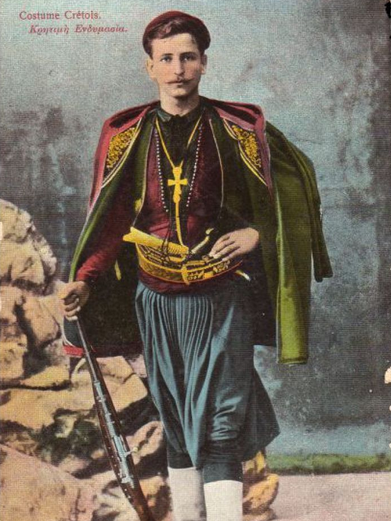


Comment